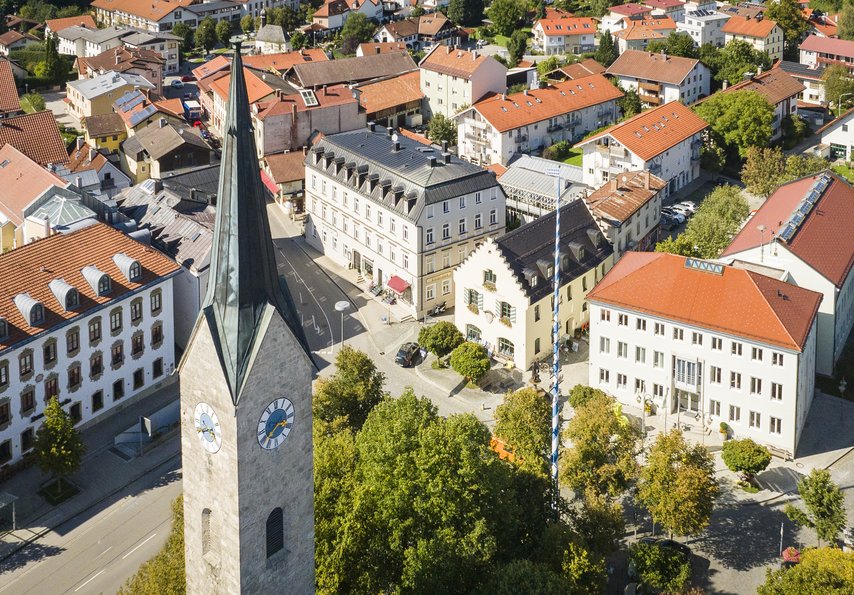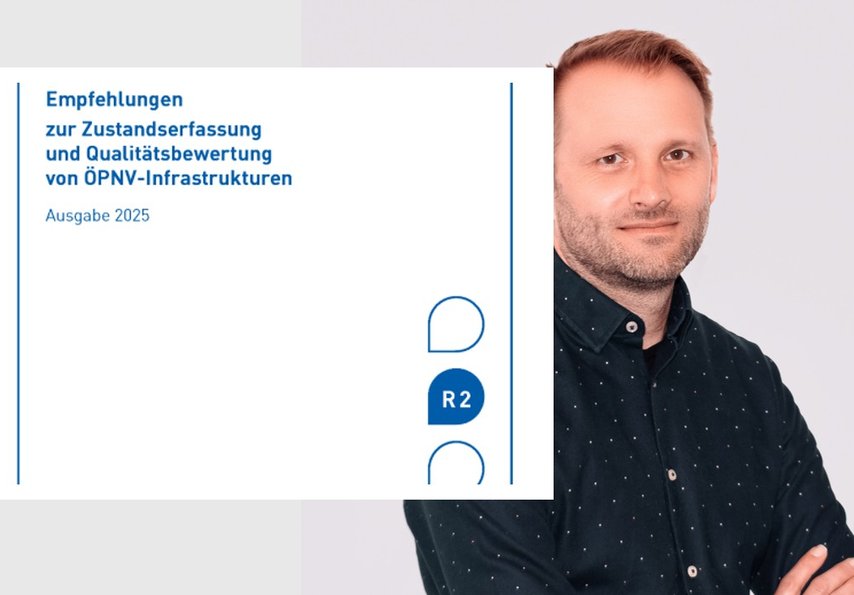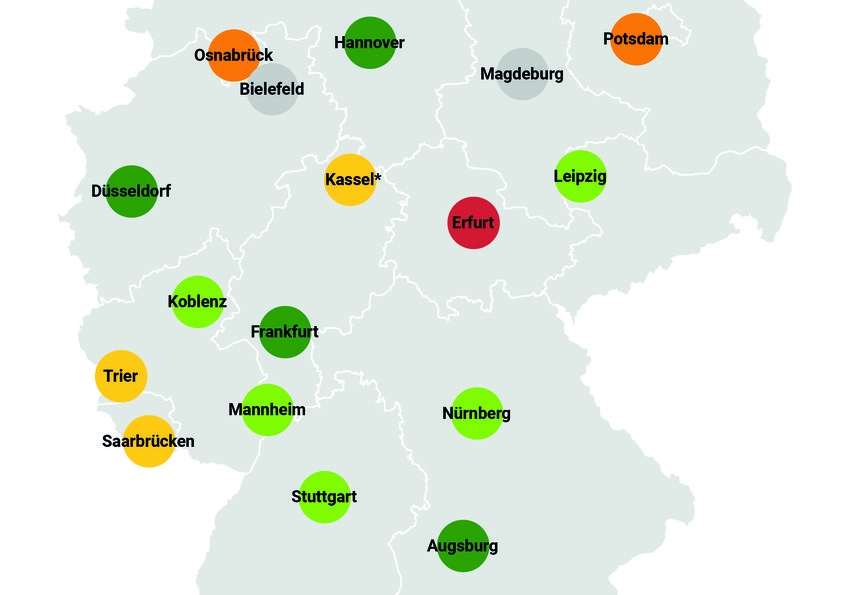On the right track - mobility turnaround in Nuremberg is making significant progress
In a press release last week, the City of Nuremberg published data and facts on the mobility behaviour of Nuremberg residents in 2023. The results collected by our mobility research not only reveal historic highs in overall mobility in Nuremberg, but also impressively show how clearly the mobility turnaround is progressing in our city: Nuremberg residents travelled a total of 30 percent of all journeys on foot and only just under a third of journeys by car. Only around half of privately registered cars in Nuremberg were also used as a means of transport on an average day in 2023. Above all, the ability to work from home has led to less car use. In addition to the strong preference for walking, the use of public transport has also recovered after the pandemic (after having slumped between 2020 and 2022) and now accounts for just under a quarter of all journeys. This is mainly due to the availability of the Deutschland Ticket.
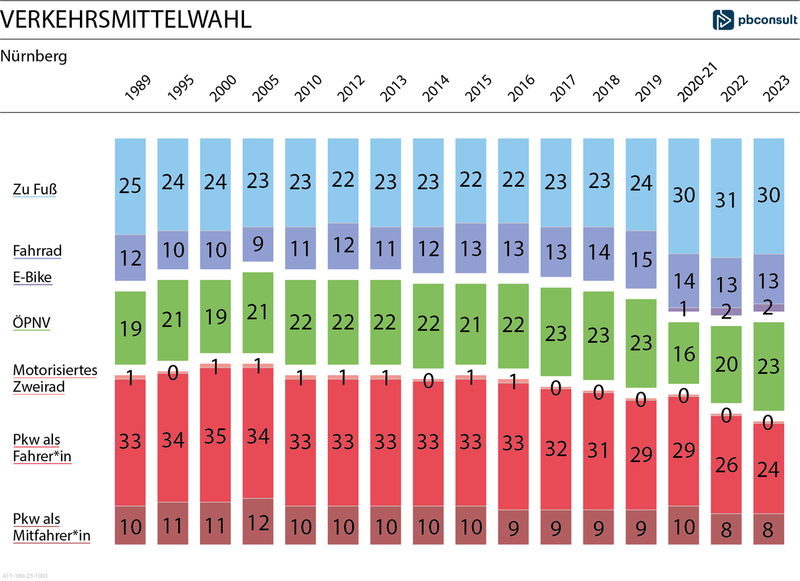
Lord Mayor Marcus König is pleased with the development in the choice of transport mode and emphasises in the city's press release the great importance of the continued strengthening of the eco-mobility network, which can only be guaranteed by the continued provision of attractive offers.
Nonetheless, there is still great potential to shift additional car journeys to eco-friendly modes of transport, as well over half of all car journeys in Nuremberg's domestic traffic are for short distances of less than five kilometres. These short journeys in particular could be optimally made by public transport or bicycle instead. Overall, for every car journey that could in principle be replaced, there are on average 1.4 alternatives in the environmental network.
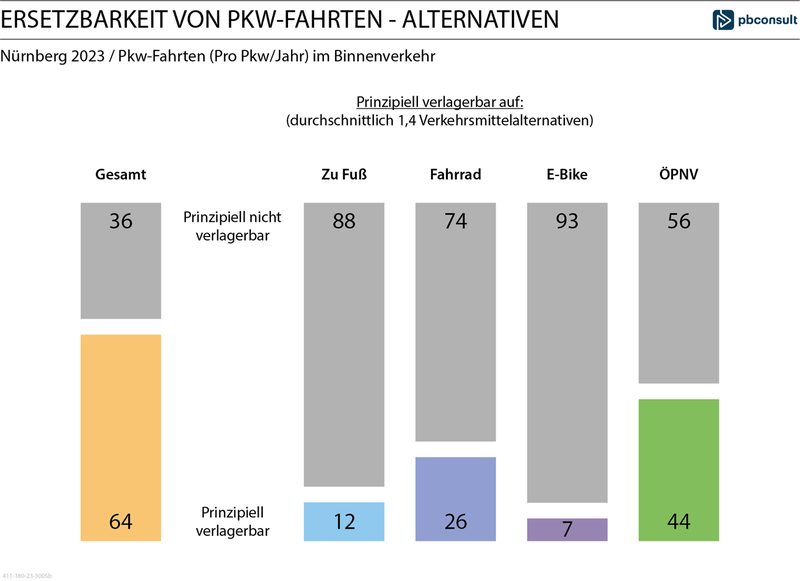
These results were collected between October 2022 and September 2023.
Smart Mobility Insights
More news about:
Smart Mobility